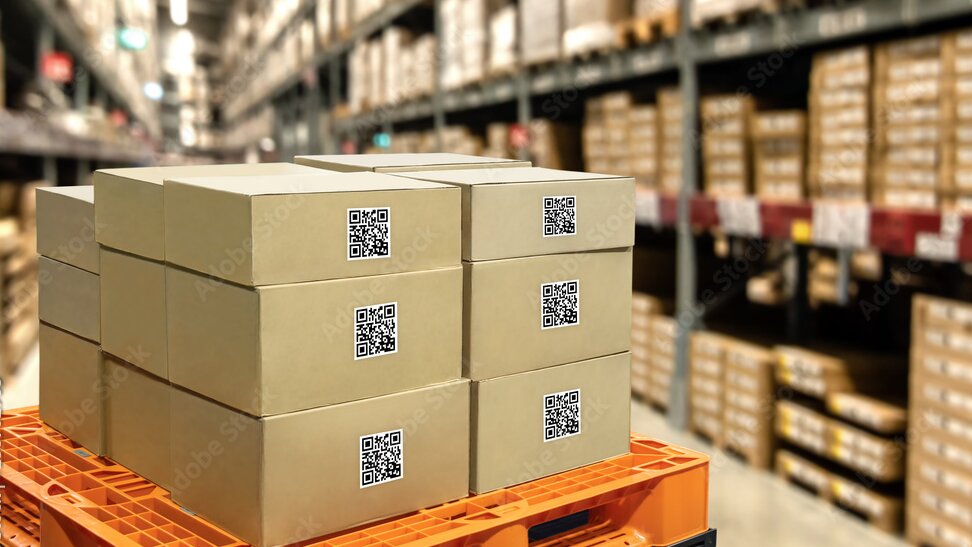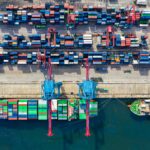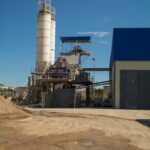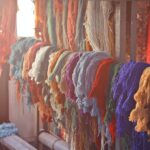The Canadian Act on Fighting Against Forced Labour and Child Labour in Supply Chains S-211 systematizes the extra-financial reporting framework on forced labour and child labour in Canada, similar to the draft European regulation banning the import of products produced using forced labour. The Canadian Act aims to prohibit the import of products involving forced or child labour at any stage of the supply chain into Canada. It also amends the Customs Tariff Act to introduce provisions relating to forced and child labour.
1. The Culmination of a Long Process
Canada’s Forced Labour and Child Labour in Supply Chains Act S-211, which is currently being finalized, has its origins in the United States-Mexico-Canada Agreement which came into force on January 1, 1994, alongside Canada’s international commitments with the International Labour Organization (ILO). The provisions of these international conventions require member states to introduce legislations aimed at eliminating forced labour in supply chains of companies under their jurisdiction. Since then, Canada has initiated a number of legislative acts, culminating in the bill that is currently being adopted. More recently, the implementation of regulations concerning value chains has been accelerated in the country since national and international criticism of the forced labour of Uighurs in China’s Xinxiang region erupted. The bill on Fighting Against Forced Labor and Child Labor was introduced in the Canadian parliament on November 24, 2021. It was not adopted by the Canadian House of Commons until May 03, 2023. According to Canadian government estimates, the law will come into force on January 1, 2024, following Royal Assent.
2. Corporate Duty of Care in the Supply Chain, a Requirement Now Extending Beyond the European Continent
Until 2020, the movement to impose legislative regulations relating to duty of vigilance for companies, with regard to human rights, forced labour and child labour, was seen as being specific to Europe. But since 2020, this is no longer the case. The adoption of such legislations is increasingly gaining traction in the American continent as well. After the U.S. Forced Labor Prevention Act passed in June 2021, it’s now Canada’s turn. This law has been under negotiation for two years. It is scheduled to come into force in January 2024, with the first extra-financial report under this law due on May 31, 2024. With this growing focus on sustainability reporting and duty of care, companies are more compelled than ever, independent of their size, location and field of activities, to take concrete steps to have due diligence policies and management systems in accordance with international standards in place.
3. S-211 Canadian Law is More Ambitious than the French and German Equivalents
Given the lower thresholds for the applicability of the Canadian law, it offers the possibility of covering a larger number of companies than the legislations in France and Germany. Indeed, according to the Canadian authorities, if the Canadian law were to adopt the applicability thresholds of the French Duty of Vigilance Act or the German Supply Chain Act, less than one hundred Canadian companies would be eligible. On the other hand, with the current thresholds, the Canadian law will cover thousands of Canadian entities. Indeed, while France’s Duty of Vigilance law requires 5,000 or 10,000 employees, and Germany’s requires 1,000 employees (from 2024), Canada’s law requires a threshold of 250 employees. In addition to private entities, the Canadian law also applies to public entities engaged in commercial activities in the Canadian market. The French duty of vigilance law and the German law do not include this latter category of entities.
4. Rationale and Scope of the Law
Similar to its Europe counterparts, the Canadian law aims to combat forced and child labour in supply chains of private companies and public institutions selling products in Canada. It achieves this goal by imposing extra-financial reporting obligations. At the same time, it also implements the country’s international commitments in this area at a regional level and within the framework of the ILO.
The Canadian law applies to both federal institutions and private entities. For federal entities, the law applies if they are engaged in the production, purchase or distribution of goods in Canada or abroad.
As for private entities, they are covered by the law if they:
(1) Produce, sell or distribute goods in Canada or abroad; import into Canada goods produced abroad, or control an entity engaged in the marketing of goods or importing its goods into Canada, whether by direct or indirect control;
(2) The entity must be listed on a stock exchange in Canada or have an establishment in Canada, carry on business in Canada or hold assets in Canada which, on the basis of consolidated financial statements, meets at least two of the following three conditions in its last two fiscal years:
- Held assets worth at least 20 million Canadian dollars;
- Generated sales of at least 40 million Canadian dollars; and/or
- Have an average of at least 250 employees;
If not fulfilling the abovementioned conditions, an entity may be subject to reporting on forced and child labour under other requirements yet to be defined by a technical regulation.
5. Due Diligence Obligations for Companies
The Canadian law requires eligible companies to report on an annual basis. The deadline is May 31 of each year for the previous financial year. The first report is due on May 31, 2024.
The report must provide information on the measures taken during the entity’s previous fiscal year to prevent and mitigate the risk of the use of forced or child labour at any stage of the production of goods by the federal or private entity – in Canada or elsewhere – or their import into Canada. The report must include the following information:
- information on its structure, activities and supply chains,
- its due diligence policies and processes regarding forced labour and child labour,
- the segments of the value chain involving risks of forced or child labour, and the initiatives put in place to identify and manage these risks,
- measures put in place to remedy identified situations of forced labour or child labour,
- measures put in place to deal with the loss of income of most vulnerable households as a consequence of the measures implemented,
- employee training programs on forced labour and child labour issues,
- measures to evaluate the effectiveness of the measures put in place across the supply chain.
The report can be made for an individual company or on behalf of several companies.
6. Implementation of the Law
The enforcement of this law on forced labour and child labour is entrusted to the Ministry of Public Security and Civil Protection. In this capacity, the government can mandate eligible entities to provide the necessary information or documentation in compliance with the law. Additionally, the Ministry of Security and Social Protection may appoint a person to ensure the enforcement and monitoring of the implementation of the law. The person tasked with this can employ various verification measures, including site visits or searches of any place or premises where he/she has reasonable grounds to believe that there are risks of forced labour or child labour.
In the event of non-compliance, the Ministry may enact corrective measures deemed appropriate to ensure compliance. Failure to report in adherence to the law is punishable, with a fine of up to $250,000.
Conclusion
Ksapa is a Paris-based company with offices in London and New York. The global nature of its activities has enabled it to support a number of companies in Europe and across the world in their compliance obligations imposed by new and growing legislations in this field. Ksapa has ample experience and expertise in due diligence requirements and obligations that companies are currently facing, across geographies and sectors. Ksapa supports companies in setting up due diligence policies addressing forced labour and human rights, in accordance with international standards such as the OECD principles, ILO standards and the United Nations Due Diligence principles.













